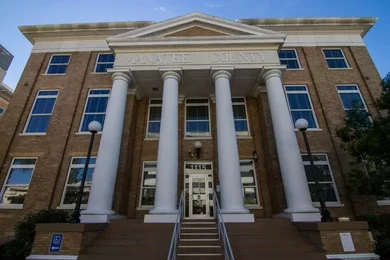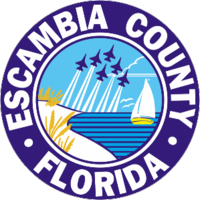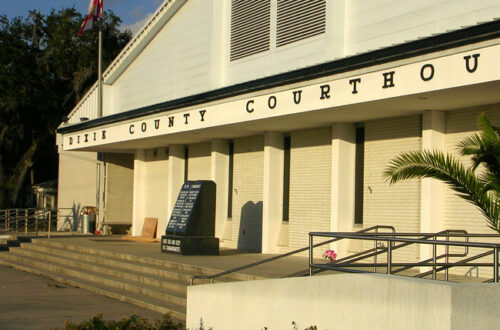
Florida State Public Records–What Can You Get?
Florida state public records are more plentiful than in most other states. That’s because of the “Government in the Sunshine” law that classifies most public records to be the same as meetings of elected officials. Since elected officials have to conduct their business “out in the open” (ie, not behind closed doors), public records must also be open. In Florida, the people of the state have made it clear that they believe their government works for them, and as such, they should be able to inspect it regularly.
This means that anyone can sit in on any type of government meeting in the state, from city council meetings to meetings of the state legislature. It also means that anyone can request a public record. There are very few exceptions to this rule. Therefore, if you’re looking for Florida state public records, you are entitled to get access to:

1. Marriage and divorce records.
2. Death records.
3. Probate documents and wills.
4. Land and mortgage documents.
5. License plate and drivers license info.
6. Arrest records.
7. Inmate records.
8. Documents pertaining to court proceedings for both civil and criminal
cases.
You don’t even have to be one of the people mentioned in a record, or a relative of that person. You can literally request Florida state public records on anyone and get them. Of course, this doesn’t mean that you can get these records for free. Most county court houses will charge you for copies. The state department of vital statistics also charges for birth, death, and marriage records. If you’re planning on getting a lot of records, or just one record that has a lot of pages, you can end up spending a lot of money by going to the court houses, sheriff’s offices, and property appraiser offices of the state.
Of course, there ARE a few types of records in Florida that are sealed, or restricted to only certain people. Records that are restricted or inaccessible are that way to protect the privacy of certain individuals. Examples of restricted records include:
*Juvenile criminal records
*Guardianship cases
*Expunged records
*Birth certificates (only the person on the certificate or their parents can get these, unless it’s been longer than 100 years since the birth took place)
Florida state records that aren’t restricted can all be obtained through by subscribing to an online records service. Not only does the service save you a lot of money, it also will save you a lot of time, as these records can be accessed through your computer.




